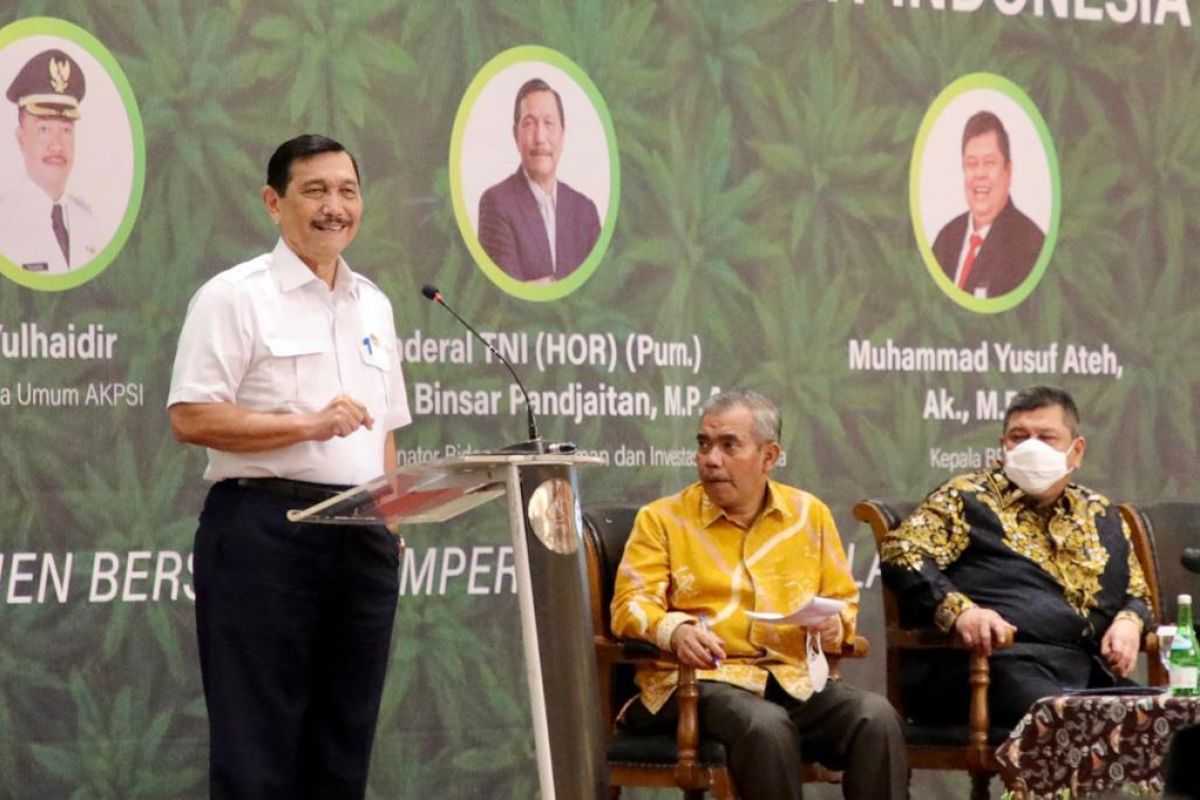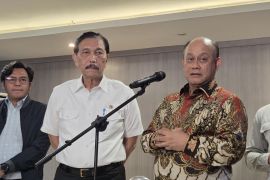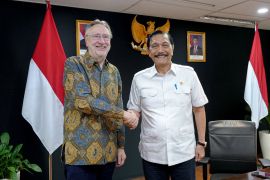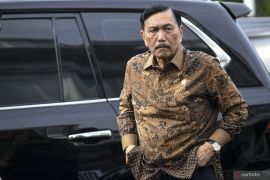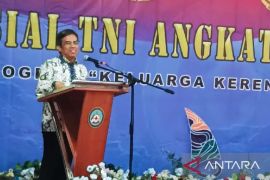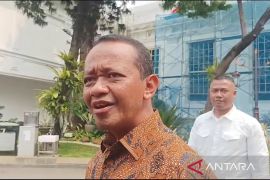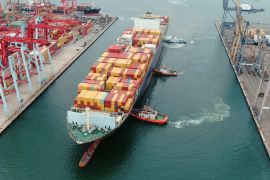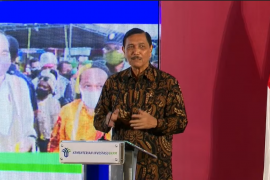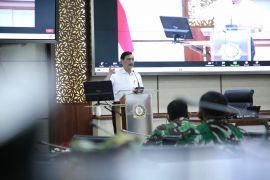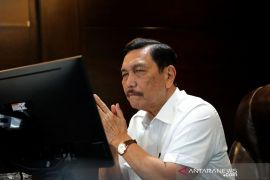"As part of improving the handling of the palm oil industry, President Joko Widodo (Jokowi) had ordered an audit of palm oil management. The government also continued to take various steps to achieve targets, from upstream to downstream," Pandjaitan noted at the Submission of District Oil Palm Plantation Data on the Audit of Indonesian Palm Oil Plantations in Jakarta on Thursday.
The palm oil industry is among the strategic industries in Indonesia and employs 16.4 million people, he noted. The palm oil industry is also the largest export producer in Indonesia.
Therefore, the government has continued to take steps to achieve targets from upstream, namely plantations, to downstream, in the form of palm oil, oleochemical, and biodiesel processing industries, Pandjaitan said.
Despite facing global economic pressure, the role of palm oil is still big, both in the upstream and downstream sectors, he noted.
Palm oil plays a major role in the Indonesian economy, he said. Besides being one of the largest contributors to exports and state revenue, affordable prices of fresh fruit palm (TBS) and cooking oil also help maintain the consumption level.
"For TBS price, we cannot discuss it right now. We must see the price development as well," he added.
Pandjaitan said that there are still problems on the upstream side since export realization might take time to return to normal after the export ban. However, in early July, there has been an acceleration, with export realization reaching 267 thousand tons per day.
Related news: President reviews progress of red palm cooking oil research in Medan
Export acceleration is being carried out by increasing the multiplier ratio of 1:7 for bulk cooking oil (SIMIRAH 2.0). Meanwhile, the realization of SIMIRAH 2.0 through delivery from producers to distributors (DMO) has reached 281 thousand tons.
With a multiplier ratio of 1:7 and the remaining allocation from the transition and acceleration program, there is an export allocation of up to 4 million tons for July, Pandjaitan informed.
This is aimed at accelerating the realization of exports to encourage tank emptying and help increase TBS prices at the farm level.
Pandjaitan said that even though the world is facing an energy and food crisis, Indonesia's economic recovery remains strong and is progressing fast.
Indonesia's economic growth is still better compared to many countries in the world, he noted. In addition, Indonesia's export growth was among the highest in the world in May 2022.
"Our exports are still one of the strongest in the world. We all have to be careful regarding the global challenges. We are lucky that until today we can handle the food problems," he added.
Related news: Palm oil downstreaming main key in agro-based industries: Ministry
Translator: Ade Irma J, Resinta S
Editor: Rahmad Nasution
Copyright © ANTARA 2022
